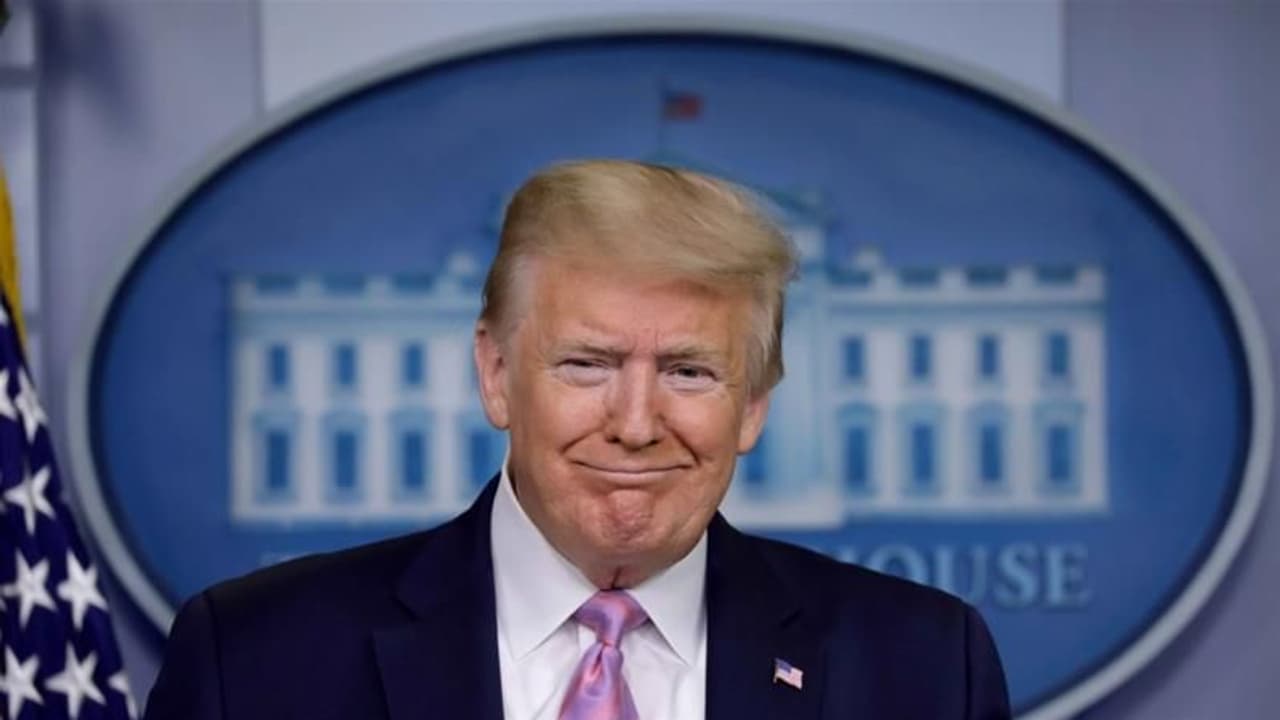Donald Trump has faced widespread backlash for his decision to halt funding in the middle of the coronavirus pandemic, with the conservative Heritage Foundation and the US Chamber of Commerce among the outside groups calling the move a mistake
The coronavirus pandemic is entering a new and uncertain phase as governments debate how to reboot commerce without triggering new waves of infections of a virus that has killed more than 1,25,000 people.
In hard-hit Europe, a patchwork of countries are easing lockdown measures, with Denmark the first on the continent, to send some children back to school and Germany announcing it would allow most shops to open once they had "plans to maintain hygiene".
Yet in poorer and more densely populated parts of the world, many governments are still struggling to enforce restrictions on movement that are piling misery on the poor and spreading hunger.
Also read: COVID-19: US allows extension of H-1B visa, huge relief for stranded Indians
As the world tries to chart a way out of the crisis, Trump ramped up his blame-game with the WHO, the UN's health agency.
Accusing the WHO of "severely mismanaging and covering up the spread of the coronavirus", Trump ordered a freeze on payments -- the US was its top individual donor last year giving $400 million (Dh 1.469 billion).
The outbreak could have been contained "with very little death" if the WHO had accurately assessed the situation when the disease broke out late last year in China, Trump alleged.
Allies and enemies of the US fired back at the American leader, who played down the dangers of the virus until it arrived in full force in the US, where it has now chalked up its highest death tolls.
"No doubt, areas for improvement will be identified and there will be lessons for all of us to learn," said WHO chief Tedros Adhanom Ghebreyesus, adding that he would work to cover any funding gaps.
He said that he hoped the WHO could continue to count the US as a "generous friend", and said the organisation would "continue to work with every country and every partner, to serve the people of the world".
During Wednesday's news conference, WHO officials rejected claims that the organisation had underestimated the severity of the outbreak, pointing to increasingly urgent warnings about the situation, starting in early January.
With agency inputs
Add Asianet Newsable as a Preferred Source

